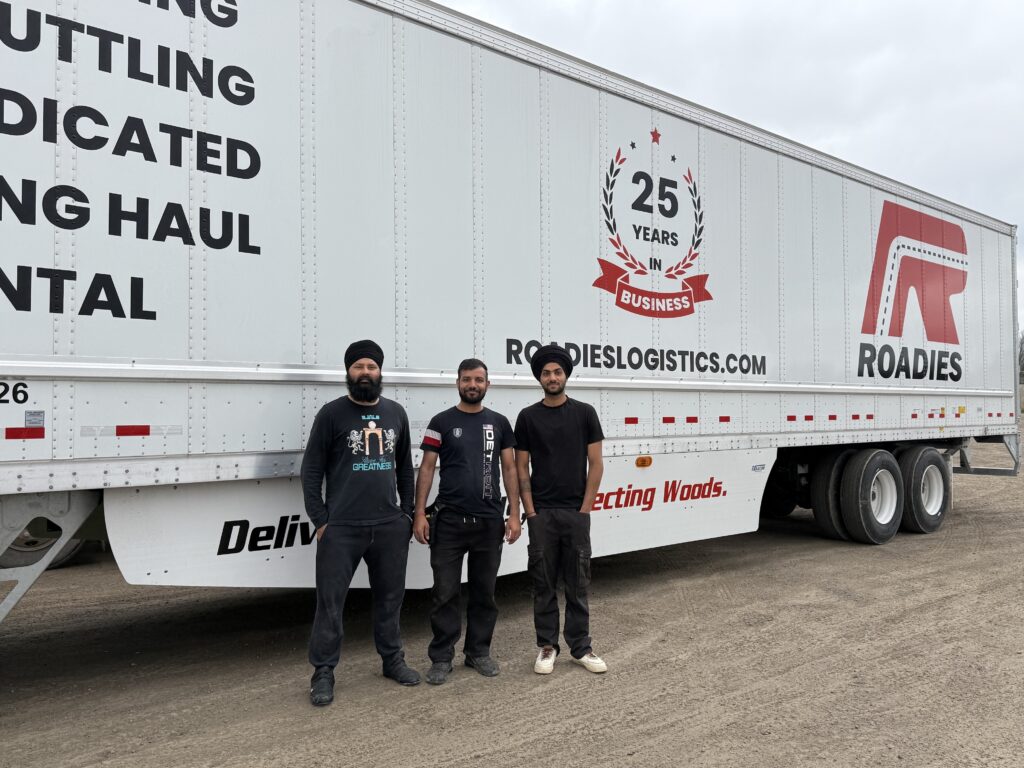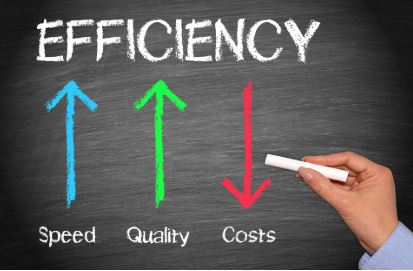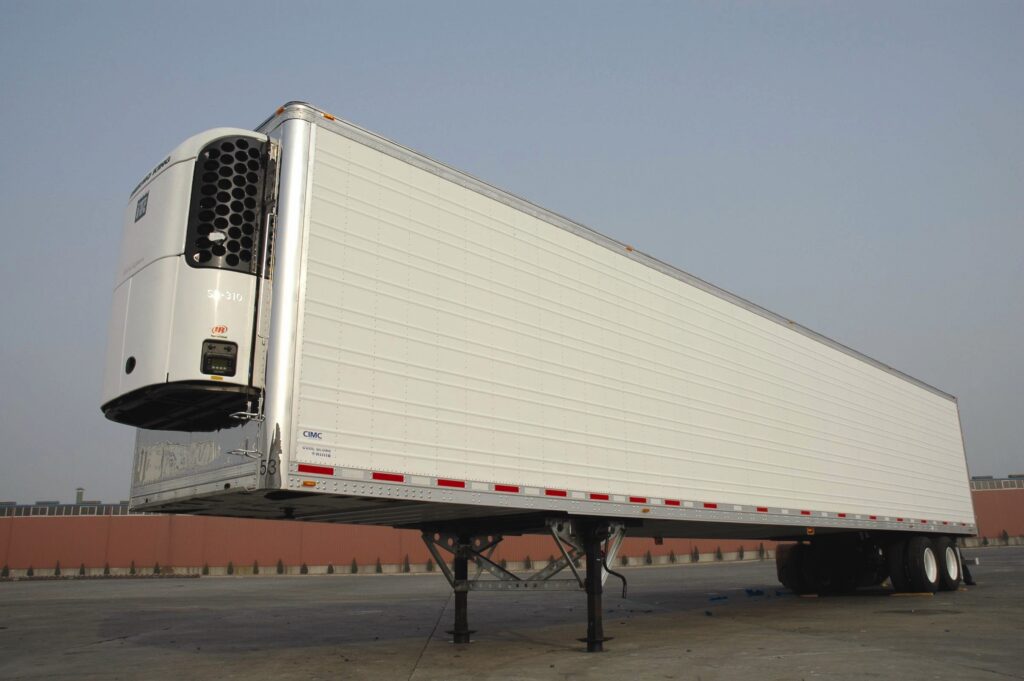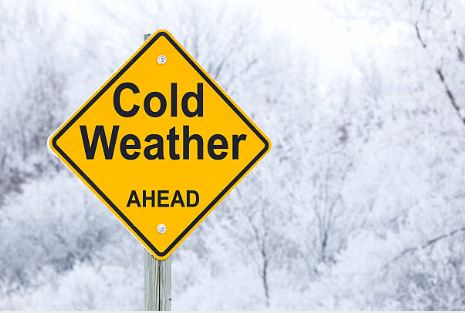When it comes to managing your fleet, securing trailer insurance is an essential step in protecting your investment. Whether you use trailers for transporting goods across long distances or for local deliveries, the value of these assets, combined with the risks involved, makes trailer coverage a necessity. At Transit Trailer, we understand that trailers are vital to your operations, and choosing the right trailer insurance helps safeguard your business, assets, and peace of mind.
In this article, we’ll explore why trailer insurance matters, the different types of trailer coverage available, and how they can help protect your trailer investment.
Why Trailer Insurance Matters
Trailers are significant assets that play a crucial role in transporting goods, equipment, and materials. However, like any vehicle, trailers face the potential for accidents, theft, or damage. Whether you’re hauling dry vans, reefers, flatbeds, or grain hoppers, you need to ensure that your trailers are adequately protected in case of an unforeseen event.
Without the proper trailer coverage, your business could face severe financial consequences in the event of an accident, damage, or loss. Insurance helps reduce the financial burden by covering repair or replacement costs, and by providing liability protection in case of accidents or injuries.
By securing trailer insurance, you can focus on your business operations knowing that your trailers and their contents are protected.
Types of Trailer Insurance Coverage
There are several types of trailer insurance that provide comprehensive protection for your investment. Let’s look at the different options available and how they can benefit your business.
- Collision Coverage
Collision insurance protects your trailer in the event of a collision with another vehicle or object, regardless of who is at fault. Whether you’re hauling a load of goods or traveling empty, collision coverage ensures that any damage to the trailer resulting from an accident is covered. This type of trailer coverage helps mitigate repair or replacement costs, ensuring your business can continue to operate without a significant financial setback. - Liability Coverage
Trailer liability insurance is a crucial component for all businesses operating trailers. It covers bodily injury or property damage caused by your trailer or its operation. If your trailer causes damage to another vehicle, person, or property, liability coverage can help cover the legal and medical costs associated with the accident. Without liability insurance, your business could be exposed to costly lawsuits or claims that could potentially damage your reputation and financial stability. This type of coverage is not only important for your protection, but it’s also often required by law in many areas. - Cargo Insurance
Cargo insurance protects the goods you’re transporting with your trailer. Whether you’re hauling dry vans, reefers, or flatbeds, cargo insurance covers loss, theft, or damage to the cargo during transit. This type of insurance is particularly important for businesses involved in transporting valuable, fragile, or perishable items. If your cargo is damaged in an accident or through theft, cargo insurance will help reimburse you for the cost of replacing the goods. - Comprehensive Coverage
Comprehensive trailer insurance covers damage to your trailer that is not caused by a collision. This includes protection against theft, vandalism, weather-related damage (such as hail or flooding), or even fire damage. By adding comprehensive coverage to your policy, you ensure that your trailer is protected from a broader range of risks that could affect its usability and value. - Physical Damage Coverage
Physical damage coverage combines both collision and comprehensive insurance to cover the cost of repairs or replacement of your trailer in case of an accident or non-collision-related damage. This is a comprehensive option for businesses looking to cover all possible damage scenarios to their trailers. - Uninsured/Underinsured Motorist Coverage
In the event that you are involved in an accident where the other party is at fault but does not have adequate insurance, uninsured/underinsured motorist coverage ensures that your trailer is still protected. This additional coverage fills the gap when another driver’s insurance cannot fully cover the damages.
Why You Need Trailer Insurance
At Transit Trailer, we recognize that trailers represent a significant investment in your fleet and business operations. Whether you use them for local deliveries, long-haul transportation, or specialized services, your trailers are an integral part of your success.
- Protects Your Investment: Trailers are costly assets that require protection. Without the right insurance, you could face substantial financial losses from accidents, theft, or natural disasters.
- Minimizes Financial Risk: Insurance helps minimize the risk of costly repairs, replacement, or legal fees due to accidents or damage.
- Ensures Business Continuity: By having the right trailer coverage, your business can continue operating smoothly even after unexpected events. Trailer insurance helps ensure that you don’t experience long periods of downtime.
- Meets Legal Requirements: Many jurisdictions require specific types of trailer insurance for businesses that operate trailers on public roads. By having adequate coverage, you ensure that you’re meeting legal requirements and avoiding potential fines.
- Peace of Mind: With the right trailer liability and damage coverage, you can focus on your business without worrying about what could go wrong. Trailer insurance provides peace of mind, knowing that you’re protected against unforeseen events.
Protect Your Trailer Investment with Transit Trailer
At Transit Trailer, we understand that trailers are not just vehicles—they are essential business assets. Whether you’re hauling dry goods, temperature-sensitive products, or heavy machinery, protecting your trailer investment with comprehensive trailer insurance is essential to your business’s success.
We encourage you to speak with your insurance provider about the best coverage options for your fleet and to consult with us for any questions about trailer types or maintenance needs.
Contact Transit Trailer today for expert advice on securing your trailer investment and ensuring the long-term success of your business operations.








